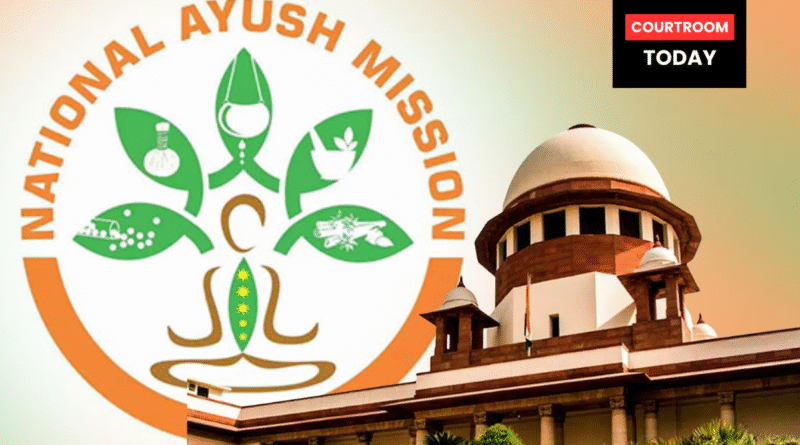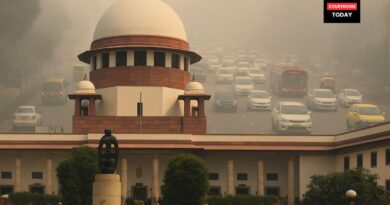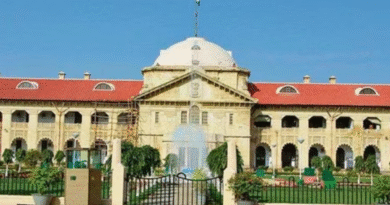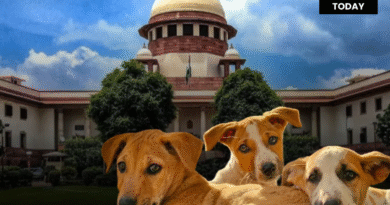SC Closes Misleading Medical Ads Case, Lifts Ban on AYUSH Promotions
The Supreme Court has closed the Indian Medical Association’s (IMA) petition against misleading advertisements for traditional medicines and lifted its earlier stay on the Centre’s notification that removed the need for prior State approval for such ads.
A Bench of Justices BV Nagarathna and KV Viswanathan was hearing the matter, which began with the IMA’s case against Patanjali Ayurveda for publishing ads that allegedly discredited modern medicine. The Court had previously banned such misleading ads and even initiated contempt proceedings against Patanjali’s promoters, Baba Ramdev and Acharya Balkrishna, before closing the matter after multiple apologies were tendered.
During the case, the Court also looked into wider concerns such as false advertising by other companies and unethical practices in modern medicine.
In July 2024, the Ministry of AYUSH issued a notification deleting Rule 170 of the Drugs and Cosmetics Rules, 1945, which earlier required Ayurvedic, Siddha, or Unani medicine ads to be pre-approved by State licensing authorities. This rule was meant to curb exaggerated or false claims.
In August 2024, a different Supreme Court Bench had stayed the notification, keeping the approval requirement in place. However, the current Bench noted that once the Centre had removed Rule 170, the judiciary could not reinstate it.
Advocates argued both for and against retaining the approval requirement. While some highlighted the risks of misleading claims luring vulnerable patients away from proper treatment, Solicitor General Tushar Mehta said there were already strong legal and self-regulatory safeguards against false advertising, making the rule unnecessary.
The Court further remarked that if the manufacturing of AYUSH medicines is allowed, their advertising should also be permitted, as banning it would amount to an unfair trade practice.
With these observations, the Court disposed of the petition, vacated the stay, and allowed parties to approach the High Court if they have objections to the removal of Rule 170.





